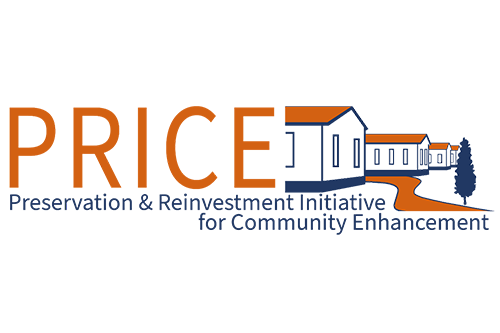 At a hearing last week on how the federal government can better support the work of Community Development Financial Institutions (CDFIs) to expand economic opportunity in underserved communities, the Senate Banking Subcommittee on Transportation, Housing and Community Development heard from John Holdsclaw IV, executive vice president of Strategic Initiatives at National Cooperative Bank. Holdsclaw testified on behalf of the CDFI Coalition, where he serves as board chair. He was also recently appointed to serve on the Cooperative Development Foundation’s Board of Directors.
At a hearing last week on how the federal government can better support the work of Community Development Financial Institutions (CDFIs) to expand economic opportunity in underserved communities, the Senate Banking Subcommittee on Transportation, Housing and Community Development heard from John Holdsclaw IV, executive vice president of Strategic Initiatives at National Cooperative Bank. Holdsclaw testified on behalf of the CDFI Coalition, where he serves as board chair. He was also recently appointed to serve on the Cooperative Development Foundation’s Board of Directors.
Introducing the hearing, Sen. Tina Smith (D-MN)—who co-chairs the subcommittee with Sen. Mike Rounds (R-SD)—noted the “innovative” work of CDFIs and said policymakers and CDFIs can work together “to address some of the challenges faced by underserved communities when it comes to access to capital and the financial system.” Sens. Smith and Rounds were the recipients of NCBA CLUSA’s 2021 Cooperative IMPACT Champion Award for their work co-leading the bipartisan Senate Rural Working Group.
Testifying in his role as chair of the CDFI Coalition, Holdsclaw urged Congress to invest more in CDFIs by increasing the annual authorization to $1 billion for the CDFI Fund, among other priorities.
Read Holdsclaw’s full testimony Watch the hearing
“The CDFI industry is growing, serving more businesses and families, and delivering financial services to areas of persistent poverty and unemployment,” Holdsclaw said. “Providing more resources through the CDFI Fund will ensure the continued growth of mission-driven financial services.
CDFIs have been a critical partner to cooperative businesses and other hard-to-reach businesses weathering the impacts of COVID-19, including in their role administering Paycheck Protection Program (PPP) loans.
As an example, Holdsclaw cited North Carolina-based Self-Help Federal Credit Union, where 63 percent of their Paycheck Protection Program (PPP) loans benefitted businesses owned by people of color.
Even before the pandemic, however, low-income communities and communities of color faced significant obstacles in accessing financial services, affordable housing and the patient, flexible capital needed to sustain a healthy economy, Holdsclaw said. “These are the communities CDFIs serve,” he added.
Holdsclaw was joined by representatives from other organizations, including the Community Reinvestment Fund, which endorsed the Capital for Cooperatives Act, joining a coalition of more than 300 other cooperatives and business organizations led by NCBA CLUSA.


